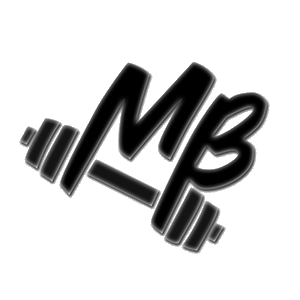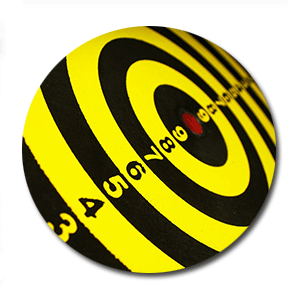Fun Tip Friday! Vitamin C for FAT LOSS. Arrrrrrrrrrr!
Take Vitamin C after a workout for FAT LOSS.
Vitamin C, also known as L-ascorbic acid, is a water-soluble vitamin that is naturally present in some foods, added to others, and available as a dietary supplement. Humans, unlike most animals, are unable to synthesize vitamin C endogenously (inside the body), so we must get it from other sources (our food).
Ongoing research is examining whether vitamin C, by limiting the damaging effects of free radicals through its antioxidant activity, might help prevent or delay the development of certain cancers, cardiovascular disease, and other diseases in which oxidative stress plays a causal role.
Insufficient vitamin C intake causes scurvy, which is characterized by fatigue or lassitude, widespread connective tissue weakness, and capillary fragility [1,2,4,6-9].
But the big reason I suggest taking a Vitamin C supplement is a little hormone called: Cortisol.
Cortisol is produced by your adrenal glands; it plays a role in the fight-or-flight response which is the physiological loop that gears your body up to fight against danger or run for your life. But it does not have to be life or death danger. Every day stress can produce it as well.
Unfortunately, most of us have higher levels of Cortisol simply due to this every day stress. When cortisol is too high for too long, it can increase the amount of fat you hold in your belly called visceral fat.
Get to the FAT LOSS
According to Psychology Today, a human study showed similar findings. German researchers investigated the effects of vitamin C supplementation on participants undergoing a public speaking task, which is considered a stressor. Subjects were given 1,000 milligrams of vitamin C or a placebo before performing the task. Scientists found that those in the vitamin C group had lower levels of cortisol and blood pressure compared with those not receiving vitamin C supplementation. In addition, participants in the vitamin C group felt less stress than did the non-vitamin group.
It is simple, tastes good, and will help you continue to strip away at your belly fat when exercising. It's just another fat burning bullet in your nutritional arsenal. Try popping a good 1000mg or so after a good lift or cardio.
References
- Li Y, Schellhorn HE. New developments and novel therapeutic perspectives for vitamin C. J Nutr 2007;137:2171-84. [PubMed abstract]
- Carr AC, Frei B. Toward a new recommended dietary allowance for vitamin C based on antioxidant and health effects in humans. Am J Clin Nutr 1999;69:1086-107. [PubMed abstract]
- Frei B, England L, Ames BN. Ascorbate is an outstanding antioxidant in human blood plasma. Proc Natl Acad Sci U S A 1989;86:6377-81. [PubMed abstract]
- Jacob RA, Sotoudeh G. Vitamin C function and status in chronic disease. Nutr Clin Care 2002;5:66-74. [PubMed abstract]
- Gershoff SN. Vitamin C (ascorbic acid): new roles, new requirements? Nutr Rev 1993;51:313-26. [PubMed abstract]
- Weinstein M, Babyn P, Zlotkin S. An orange a day keeps the doctor away: scurvy in the year 2000. Pediatrics 2001;108:E55. [PubMed abstract]
- Wang AH, Still C. Old world meets modern: a case report of scurvy. Nutr Clin Pract 2007;22:445-8. [PubMed abstract]
- Institute of Medicine. Food and Nutrition Board. Dietary Reference Intakes for Vitamin C, Vitamin E, Selenium, and Carotenoids. Washington, DC: National Academy Press, 2000.
- Stephen R, Utecht T. Scurvy identified in the emergency department: a case report. J Emerg Med 2001;21:235-7. [PubMed abstract]
- Padayatty SJ, Sun H, Wang Y, Riordan HD, Hewitt SM, Katz A, Wesley RA, Levine M. Vitamin C pharmacokinetics: implications for oral and intravenous use. Ann Intern Med 2004;140:533-7. [PubMed abstract]








